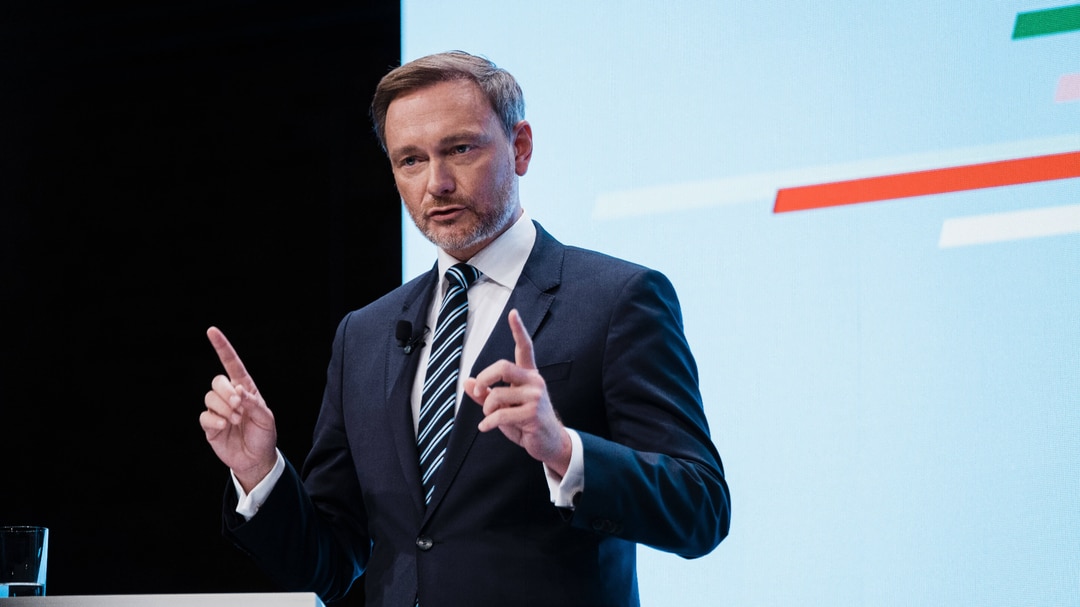Athens. What Wolfgang Schபிள்uble had to endure because of Greece’s austerity goals: Cartoonists portrayed him as Dracula, newspapers portrayed him as an SS soldier in photomontages, and protesters erected a symbolic gallows for him in Syntax Square in Athens.
Lindner wanted to drive the Greeks out of the eurozone
His appointed heir, Christian Lindner, does not meet with hatred, but with suspicion. What is unforgettable in Greece is that during the debt crisis, Lindner accused Schuble of being too lenient with the Greeks. At the time, the FDP politician called for the country to be expelled from the eurozone. That’s Schouplin’s plan. But it failed because of opposition from President Angela Merkel.
Admittedly, no one talks about Grexit anymore. But Lindner will make an important point when the EU discusses reform of the EU stability agreement in the coming months. Greece wants more flexibility in deficit rules and a relaxation in the debt ceiling. It currently accounts for 60 percent of gross domestic product (GDP). Greece’s debt ratio currently stands at 207 percent of GDP. According to EU estimates, Greece will not reach 60 percent by 2060.
Audiences expect the highest credit of the “Southern Alliance”
However, the Greeks were not the only ones calling for the debt ceiling to be raised. Of the 27 EU countries, only 14 currently comply with the requirements of the Stability Agreement. Economists at the Euro Stability Fund (ESM) are proposing to raise the limit to 100 percent of GDP. Lindner, on the other hand, is a supporter of the strict course of stability when it comes to deficit and debt targets. He thinks nothing of eurobonds, in other words “credit union”. The Athens newspaper “Kathimerini” fears that the German finance minister-designate is less pro-European and tougher on budget regulation than Schuble.
But in the post-Merkel period, countries like France and Italy will gain more influence as Germany loses weight in the EU. Greece has a chance to bet on that too. Observers expect a “southern alliance” to emerge from France, Italy, Spain, Portugal, Cyprus and Greece in the debate over the reform of the stability agreement. The common feature of these countries is not only the geographical location in southern Europe. They are the six most indebted EU countries.

“Proud explorer. Freelance social media expert. Problem solver. Gamer. Extreme travel aficionado.”

